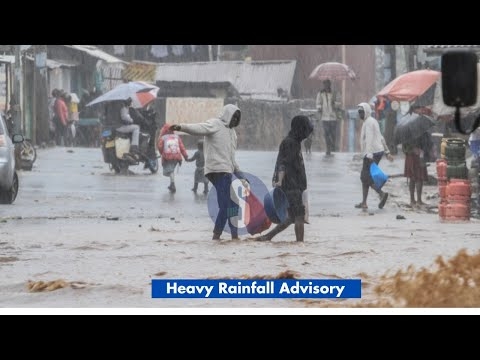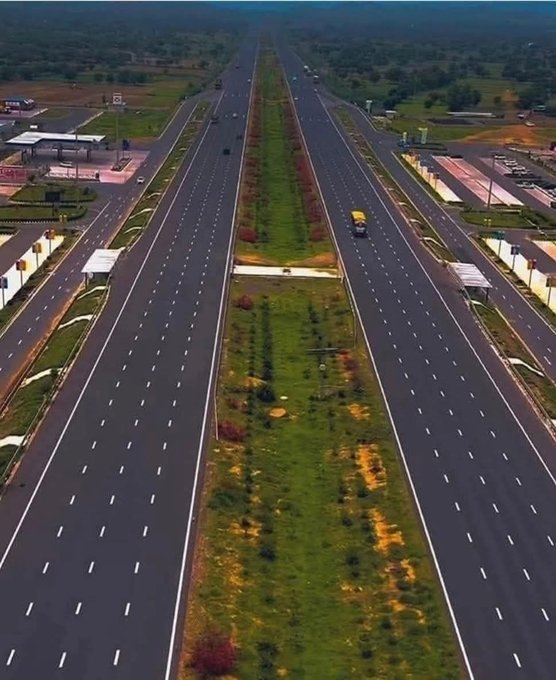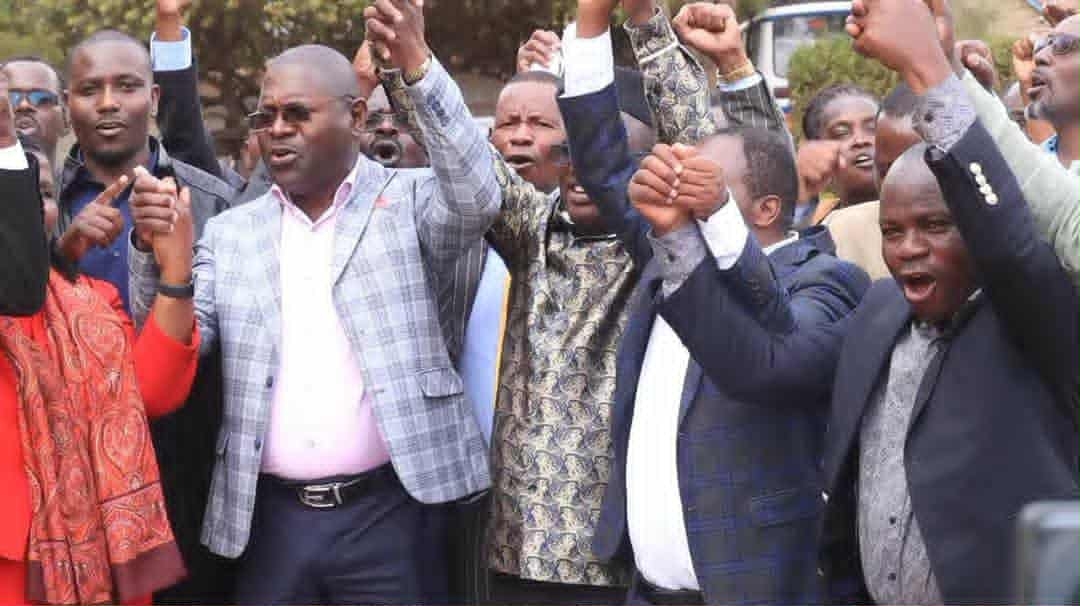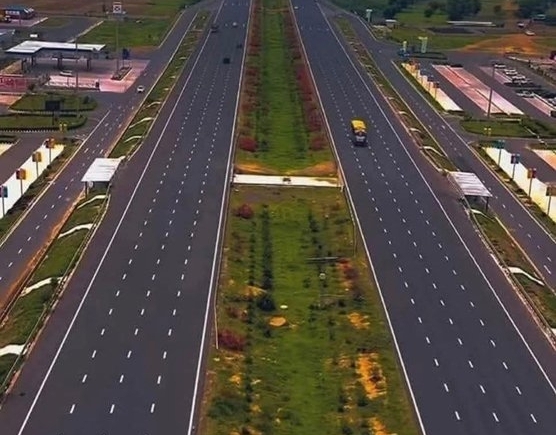Democracy is a concept that has been widely adopted around the world, but in Africa, it has struggled to take root. Despite numerous attempts to establish democratic institutions and promote democratic ideals, many African countries continue to be plagued by political instability, corruption and authoritarian rule.
One of the primary reasons why democracy struggles in Africa is the legacy of colonialism. Many African countries were colonised by European powers in the 19th and early 20th centuries.
The political systems that were established during this time were designed to serve the interests of the colonisers rather than the local populations. When these countries gained their independence, they inherited political systems that were ill-suited to the needs of their people.
Another factor that contributes to the struggle for democracy in Africa is the prevalence of poverty and underdevelopment. Many African countries are still struggling with basic issues such as access to clean water, education and healthcare. This makes it difficult for people to engage in the political process, and it also makes them vulnerable to corruption and exploitation.
Corruption is another major obstacle to the establishment of democracy in Africa. Many African leaders have been accused of using their positions of power to enrich themselves and their cronies, rather than serving the interests of their citizens. This not only undermines public trust in democratic institutions but also discourages participation in the political process.
Furthermore, many African countries have experienced conflict and civil war, which can undermine the establishment of democratic institutions. In times of conflict, people may turn to authoritarian leaders who promise to restore order and stability, even if it means sacrificing democratic ideals.
Finally, the role of external powers cannot be ignored. Some African countries have been subjected to interference from foreign governments and multinational corporations, which undermines democracy and promotes authoritarianism. This interference can take many forms, including military intervention, economic exploitation and political manipulation.
In conclusion, democracy in Africa faces many challenges, including the legacy of colonialism, poverty and underdevelopment, corruption, conflict and external interference.
While progress has been made in some countries, there is still a long way to go before democracy is firmly established across the continent.
Addressing these challenges will require the active engagement of African leaders, civil society organisations, and the international community as a whole. By working together to promote democratic ideals and institutions, we can create a brighter future for Africa and its people.






![[PHOTOS] Council of Governors visits Raila's grave](/_next/image?url=https%3A%2F%2Fcdn.radioafrica.digital%2Fimage%2F2025%2F10%2F59c8111a-6f0d-4719-8587-7e965c4bdd34.jpg&w=3840&q=100)





